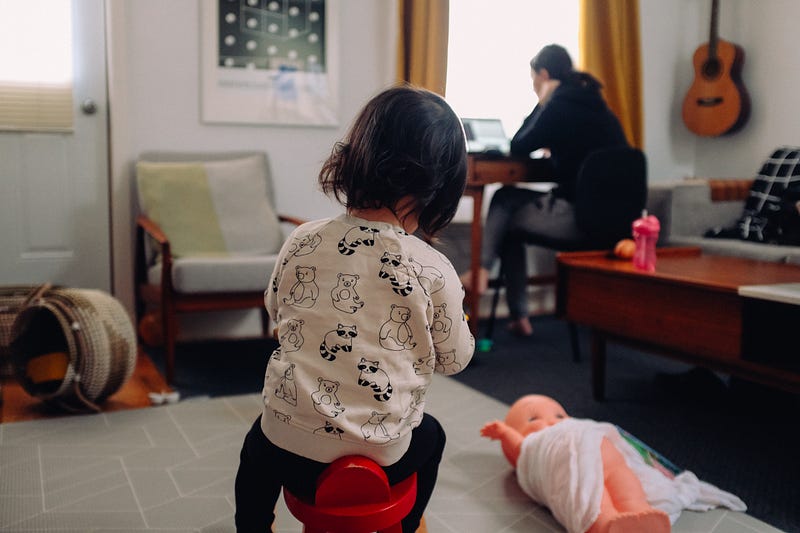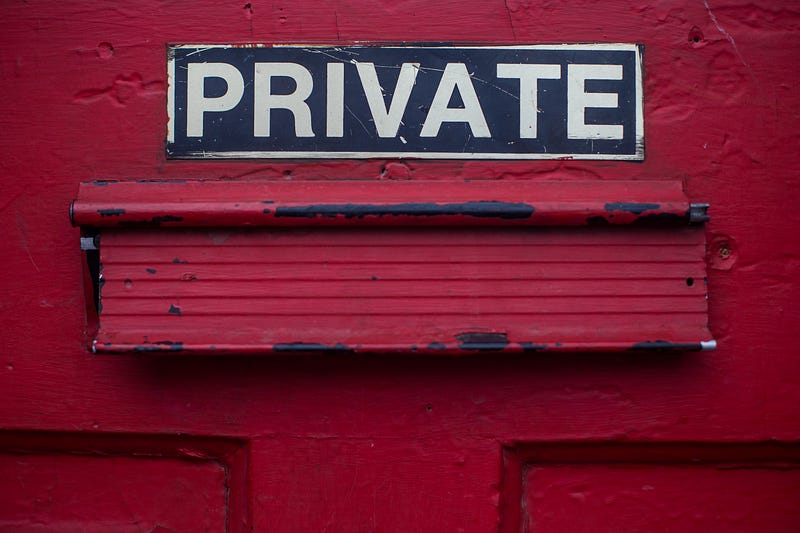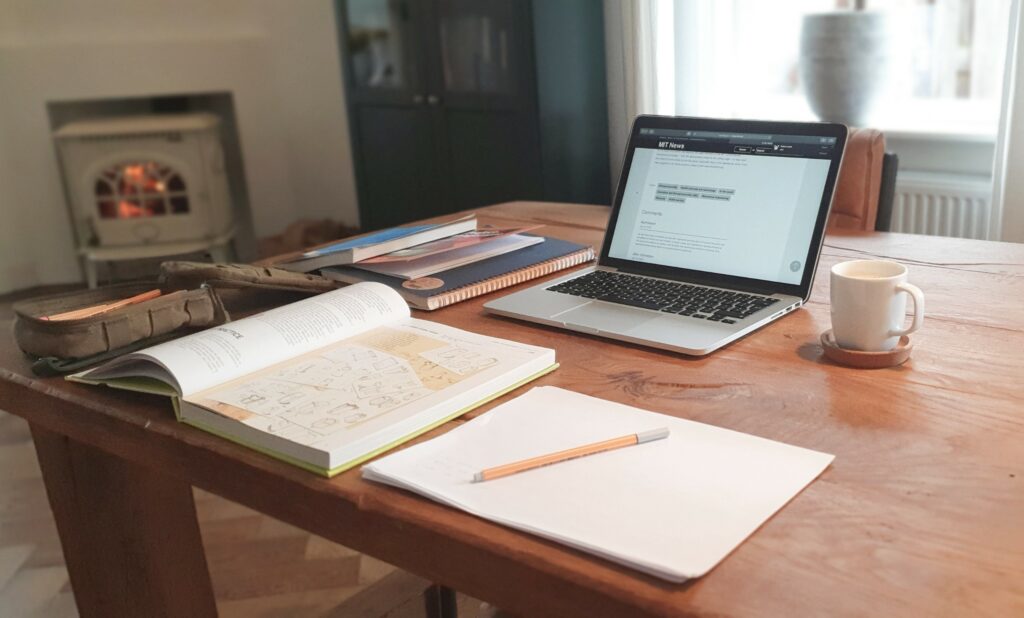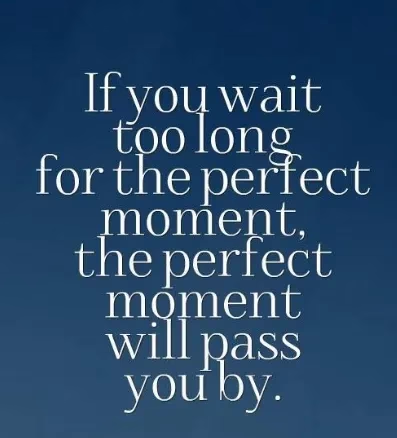How we work has changed drastically this year, is it for better or worse?
This year has brought many firsts. For a lot of people circumstances transformed, and it is necessary to adjust and get used to new ways of doing things.
Zoomification is one of these things. My definition:
“The transfer of work from an employee provided a building/environment to your home using computers and videoconferencing software.”
I am referring to this phenomenon being limited to utilizing Zoom. Actually, it’s a much bigger part of life and the question is: How will we adjust and what does it mean going forward in a time after the pandemic?
When I ask a lot of my friends who used to be traditional employees how their life has changed most, one of the first things they point out is the commute. Especially if you live on the outskirts of large metropolitan areas, probably because those are the only areas you can find reasonable rents or house prices. The commute easily took 3 hours of each day away from you.
What we haven’t necessarily learned yet is how to use those three hours. Are we applying them to a new skill or a hobby or to spend time with spouse and family? Contemplate that opportunity.
Another issue is the concept of routines:
Many employees have gotten used to routines they didn’t really develop but accepted.
- They got up and found that it takes 60 minutes to get ready and jump in the car or public transportation (where available).
- They got to work and started by cranking up the computer, getting some coffee and checking the calendar for the day’s meetings and emails.
- Then comes the typical break and later lunch, often provided by employers in cafeterias,
- Then back to work, one more break and done, back to the car.
- On the way home, there might be shopping (on some days of the week) and in other cases some exercising at a gym, one’s turn to pick up a kid from soccer or music classes, etc.
- Then the decision: making dinner or buying something?
- Finally, letting the day come to an end and getting ready to do the same routine again tomorrow.
A lot of that routine has vanished now and the question becomes:
- Can or should I cook breakfast?
- Should there be homemade lunch?
- Do I cook dinner?
- When do I take breaks — at the same time as I used to at work or different?
- Am I as efficient in my work as I used to be, maybe even more?
- Do I turn on the video for the 6th zoom call of the day?
New routines have to grow, and a lot of questions we never had to answer require solutions.
For years people have told me that they are looking forward to a time when they will have more freedom. Now, we were unexpectedly offered that opportunity early and I’d like to encourage everybody to really look at your new life and decide how you want to shape it.
But there is more:
When you look at the environment you live in, many of the “modern” housing options currently available are not suitable for regular work from home. If we assume for a second that we actually like a life without the commute, with more time at home, with the freedom to decide when we work and when we cook or help the kids, then our living conditions become extremely important.
That issue doubles when you have a spouse who is also working, and you both need some ability to concentrate and focus. Or the ability to have a conversation on Zoom.
In my field of real estate investing, I have already decided that I will change the properties I buy (if at all possible) to be 4 bedroom 2+ bathrooms, so I can offer our tenants a dedicated room for work.

There will also be a question of the reorganization of our benefits structure. I assume very few people actually think about that right now, but if you are, you would probably see how unfair some things currently are and what needs to be addressed.
First, know that some countries in the world identified the importance of separating life and work many years ago. Because of the ever more powerful and intuitive ways to use the technology we now all have access to, it has become and especially in the US, common that your manager, boss, or employer can reach you basically around the clock. Many governments in Europe realized that employees had agreed in their employment paperwork to be available during certain hours of the day, but this reality had deteriorated to a point where we are expected to be available basically around the clock.
While that is still the case in America, more advanced governments have required, by law, for companies to establish systems in their computer servers that don’t let emails and text messages from employers to employees go through between 5 PM in the afternoon and 7 AM in the morning. If people work other shifts adjustments can be made, but the right to privacy for a certain number of hours during the day needs to be assured.

Another item to consider in this new reality of work from home is taxation.
Each business and employer is allowed to deduct the cost of furniture, rent for the building, the cost for the equipment provided to employees from their revenues, which in turn lowers their taxes. How about you?
When you use a bedroom in your house or apartment, should you not have the same right? You pay for the electricity the laptop uses, the desk it sits on, the heating that keeps you comfortable, and on and on and on. I think you should be able to reduce your taxes if you are providing all of that to your employer. Maybe future employers will actually pay an extra payment on top of your income to cover these costs. I really hope so.
Taking it all together — and I am sure there will be a bunch more innovations we all haven’t even thought about — this change in our work-life brings opportunities for many of us that we had not expected.
In almost every newscast we hear how bad things are — unemployment, shutdowns, school closures, restaurant and bars reduced to 25% capacity, and on and on and on. It can feel like there is only bad news.
However, I believe Zoomification brings a lot of new opportunities.
Some will be a matter of us getting everything we do each day on a calendar to keep sane, make sure everything gets done and we benefit from the gained time from no commute.
I work in our home office, actually the lower half of our house, and can say that the detailed calendaring is very important. On the other hand, the ability to make our own plans, to look for living spaces that we like, can afford, and are no longer in commuting distance to our employer is exciting. Maybe we will even advance to European conditions where we aren’t bothered by work stuff after hours.
To me most of this is good and some even excellent.
With the year ending, it is true that a lot of what happened was out of our hands, but at least Zoomification can be one of the few things you will add to the list of gifts 2020 brought to us.
For a guide on how to focus your mindset for success, Download your free mindset manual





